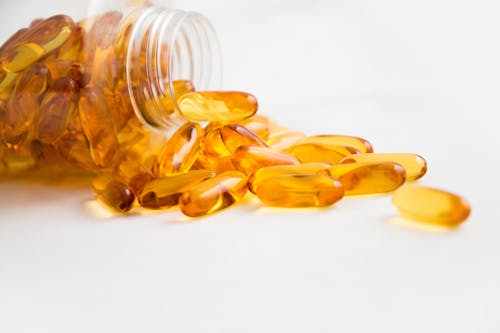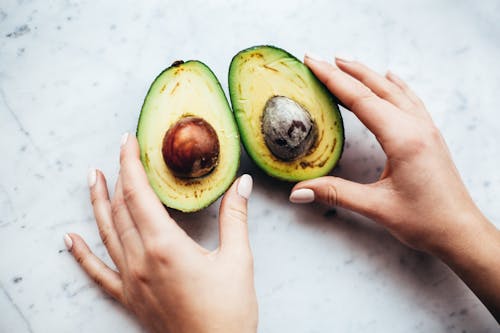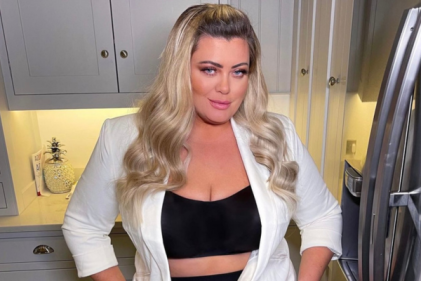When trying to conceive, there are lots of thing we can do to help the process. We need quality sleep, a good exercise regime and most importantly a balanced and healthy nutritious intake.
When we eat, we are building up the space in which our child will develop for nine months. It’s important to nurture it, not only for ourselves but for our future child. A healthy, varied diet is the best way to do this. The British Nutrition Foundation released guidelines for the optimum pre-conception diet to ensure you and your baby are in your best health possible.
Supplements

Often mistaken as a supplement we should be taking only when we actually conceive, folic acid is actually recommended as part of your pre-conception diet too, to built up its levels in your system. Taking it regularly can reduce the risk of neural tube defects in your fetus.
Vitamin D supplements are also hugely important to take before and after conception. They promote bone health and allow your child to have optimal bone development while in the womb, helping them to avoid rickets later on in life.
Iron intake
Iron deficiencies can happen during pregnancy and it’s important to keep a balanced and varied diet to prevent it. There are some special fortified foods that can be consumed like breakfast cereals that have iron in them, and other sources include meat, eggs, beans, nuts, and dark green vegetables like kale, cabbage, spinach and broccoli.
Avoid alcohol
Yes, even in the pre-conception stage. Avoiding drinking means that your body is its optimum state for conceiving a child. It is also advised that you and your partner stop smoking if you are trying for children. Even second hand smoke could have an effect on your health. Men who smoke are more likely to have reduced semen quality also and stopping smoking may also reduce the impact of passive smoking for their partner. Stopping smoking can increase the chances of conceiving and will improve general health.
Your partner’s diet

Your partner’s diet is just as important as yours when trying to conceive. Specific nutrients which are found in a healthy, varied diet are known to be important for male fertility. For example, selenium is needed to make healthy sperm, zinc is needed to ensure healthy testosterone levels and long-chain omega-3 fatty acids found in oily fish help produce prostaglandins, which are important for making sperm. So start trying to vary your diet together, learning new recipes and researching foods that are optimal for both your health.
Foods to improve fertility
While there is no proof that food can actively increase your chances of conceiving, there are some who believe that certain qualities of some foods can give a boost to fertility. But again this is just speculation. All the foods are part of a regular diet anyway, so having them be a part of nutrition intake causes no harm either way.
Balanced fats

Heavy fats that are naturally occurring in nuts and and vegetables are good for your overall health. Avoid terms like ‘partially hydrogenated’ fats, which can be found on labels of deep fried foods, cakes and biscuits. These can increase your weight which makes it hard to be at your optimal pregnancy weight.
‘Good’ fats are in foods like olive oil, rapeseed oil, avocados, and nuts such as almonds, brazil nuts and peanuts, according to Baby Net.
Plant-based proteins
Getting enough protein is always important for growth. And while most of us get the majority of our protein from sources like meat, fish and eggs, plant proteins are also really good for you and we all be incorporating more of them into our diets. These plant based proteins can be found in beans, peas and lentils.
High-fat dairy
Skip the skim milk! Apparently, drinking or eating high-fat dairy products can lead to higher fertility rates – that means full fat cheese, yoghurts and (small amounts of) butter are a good idea.





